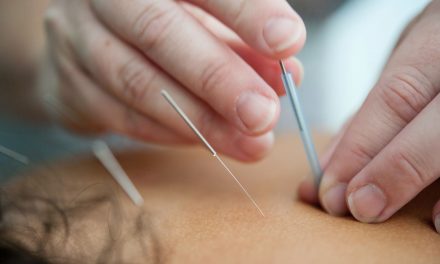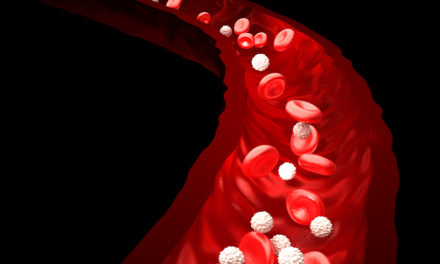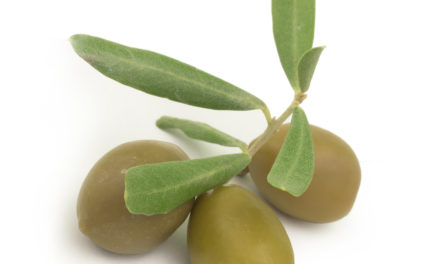TL;DR:
High blood pressure isn’t always just about salt or stress — it’s also tied to insulin resistance, magnesium, and nitric oxide balance.
- Magnesium (especially magnesium taurinate) supports blood vessel relaxation and insulin sensitivity.
- Taurine and arginine help your body make nitric oxide — a natural vasodilator that keeps blood vessels flexible.
- Around half of people with hypertension also show signs of insulin resistance.
Magnesium: A Natural Blood Pressure Regulator
Research shows that taking 500–1000 mg of magnesium per day can lower blood pressure by about 5.6/2.8 mmHg [1].
According to Dr. Mark Houston:
“Magnesium acts as a natural calcium channel blocker, improves endothelial function, increases nitric oxide, and induces vasodilation.”
In plain language, that means magnesium helps blood vessels relax and improves circulation. It also plays a role in insulin sensitivity, cholesterol balance, and heart muscle function.
The Best Form: Magnesium Taurinate
The taurinate form of magnesium seems especially effective for blood pressure and insulin health. Animal studies show taurine can reduce hypertension and insulin resistance.
In one study (Adv Exp Med Biol, 2013), combining taurine (1.5%) and L-arginine (1.5%) normalized blood pressure, blood sugar, and insulin levels within 4 weeks.
Arginine and Nitric Oxide
Arginine is an amino acid that helps the body make nitric oxide (NO) — a molecule that signals blood vessels to relax [3].
Studies show arginine can:
- Lower blood pressure by improving NO production
- Reduce oxidative stress and inflammation in arteries
- Balance metalloproteinase enzymes that contribute to vascular stiffness (Life Sci, 2016)
Low arginine levels have even been linked to hypertension during pregnancy [5].
The Insulin Resistance Connection
About 50% of people with high blood pressure also show signs of insulin resistance or metabolic syndrome.
According to JAMA, metabolic syndrome may be present if a patient has three or more of the following:
- Waist: over 40″ in men or 35″ in women
- Triglycerides: over 150 mg/dL
- HDL: under 40 mg/dL
- Blood pressure: over 135/85
- Fasting glucose: over 110 mg/dL
Improving insulin sensitivity (through diet, exercise, and nutrients like magnesium, taurine, and arginine) can often help lower blood pressure naturally. Read more about insulin insensitivity.
Takeaway
High blood pressure isn’t just a plumbing problem — it’s a metabolic signal.
Addressing magnesium deficiency, nitric oxide production, and insulin sensitivity can go a long way toward restoring cardiovascular balance.
References
- J Clin Hypertens (Greenwich). 2011 Nov;13(11):843-7. The role of magnesium in hypertension and cardiovascular disease
- Adv Exp Med Biol 775, 427-35 2013 Synergistic effects of taurine and L-arginine on attenuating insulin resistance hypertension
- J Nutrit 134 (10 Suppl), 2807S-2811S L-arginine and hypertension
- Life Sci 157, 125-130 2016 Jul 15 Exogenous l-arginine reduces matrix metalloproteinase-2 and -9 activities and oxidative stress in patients with hypertension
- J Clin Biochem Nutr 57 (1), 74-81 Jul 2015 Is the serum l-arginine level during early pregnancy a predictor of pregnancy-induced hypertension?






